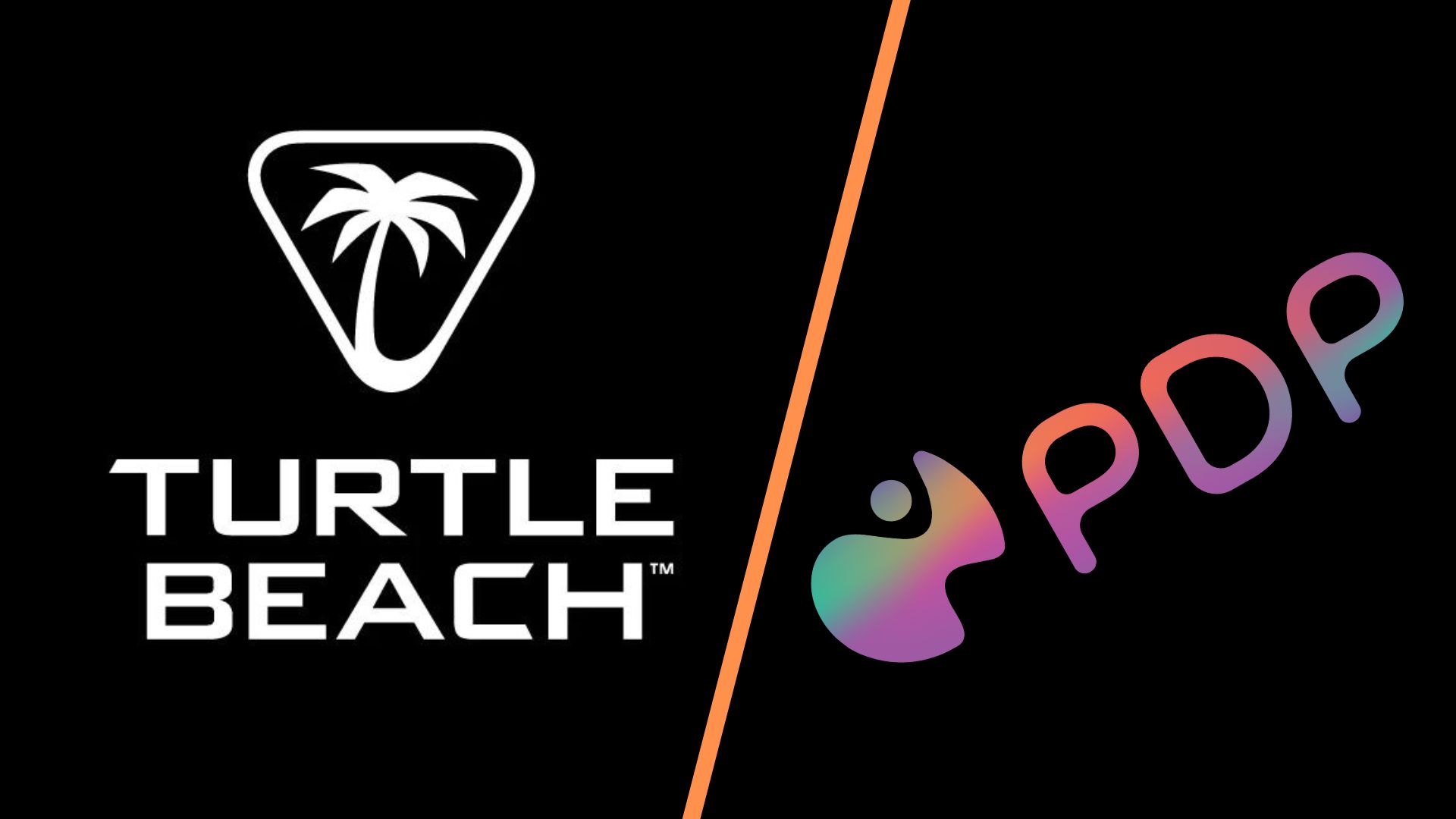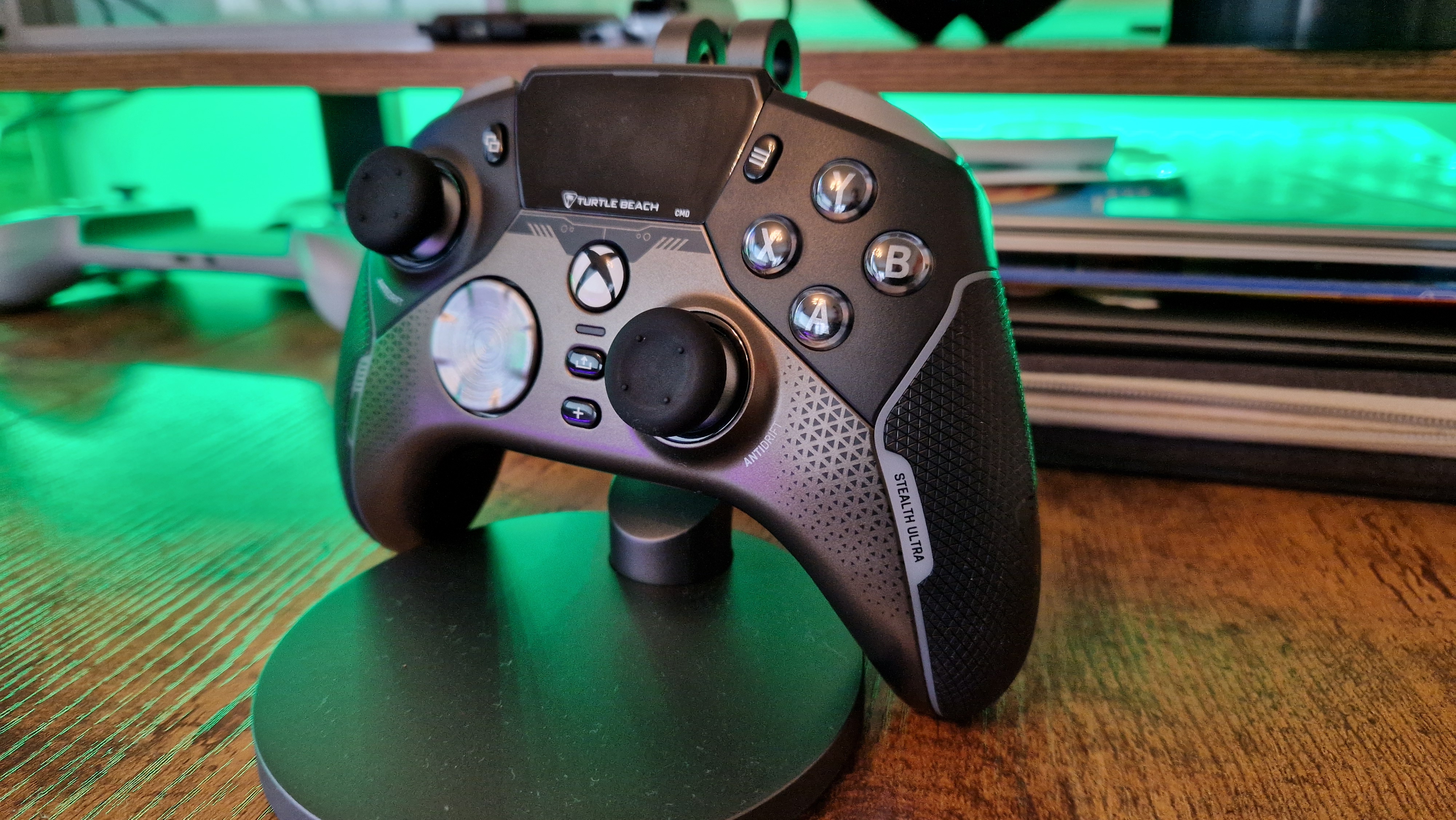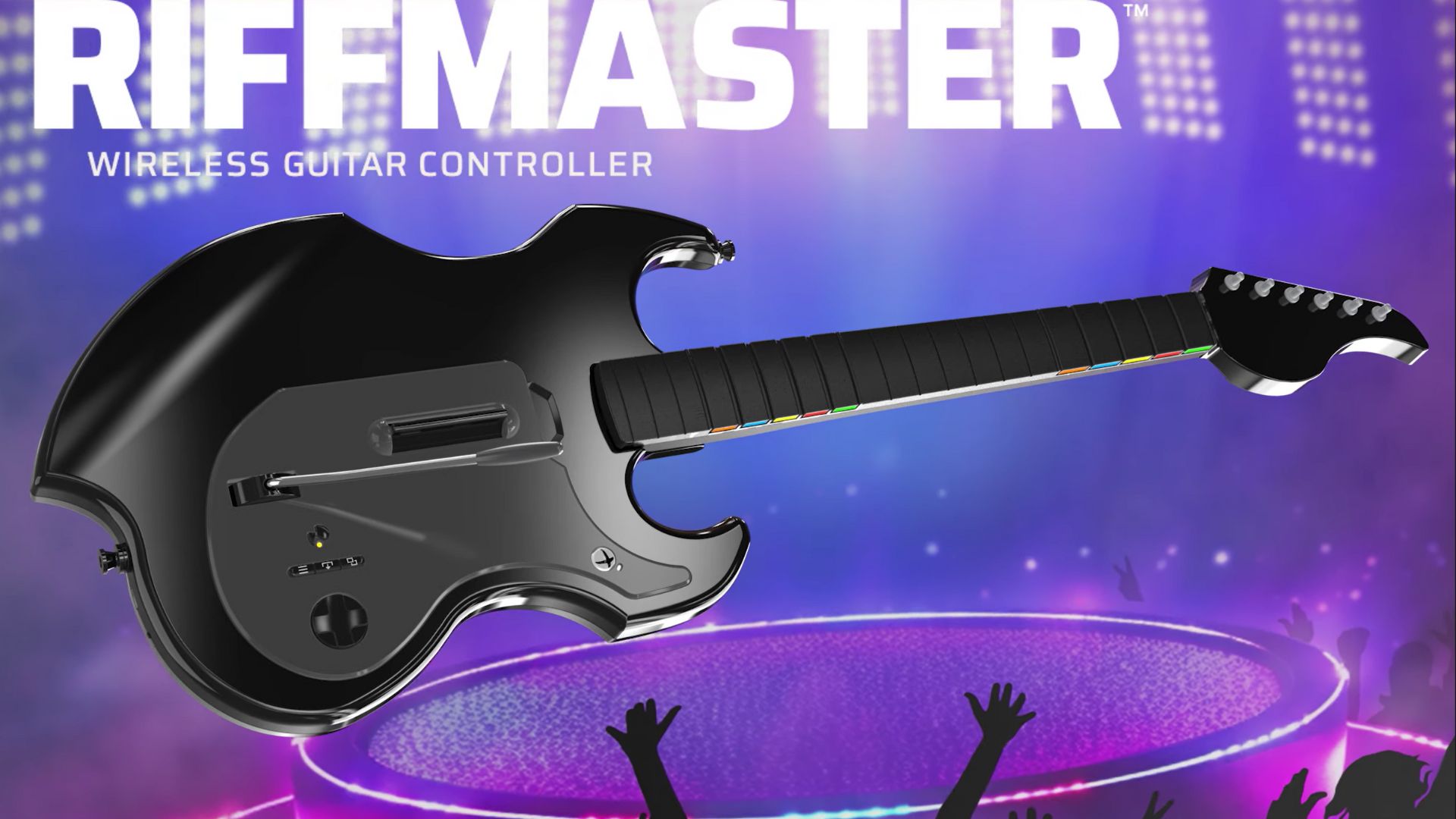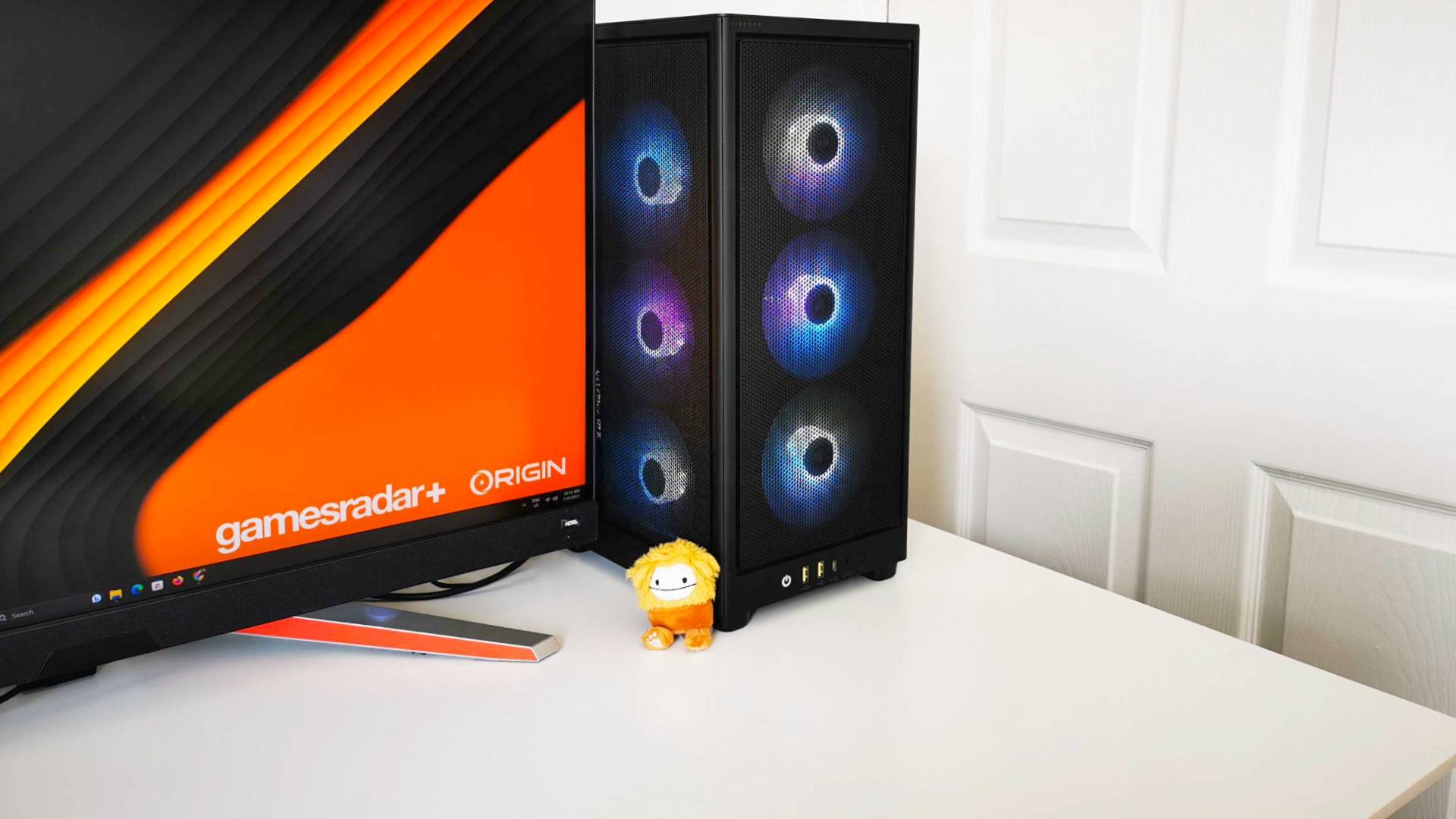Two of my favorite controller brands are joining forces, I just hope it doesn't end it tears
Amidst game dev layoffs, acquisitions in the hardware scene are still happening

The two best controllers I've reviewed in the last year are the Victrix Pro BFG, and the Turtle Beach Stealth Ultra Wireless. You can imagine my surprise, then, when I learned this morning that the parent brands of both of those gamepads would be joining forces.
More specifically, the news has broken that Turtle Beach Corporation, the brand behind some of the best console accessories of the past decade, is acquiring PDP, which is arguably one of its biggest rivals. Both of these companies make some of the best PC controllers available, and in fact, they've both had unrivaled success in the console space recently.
The Turtle Beach Stealth Ultra is the first officially licensed third-party Xbox Series X controller to get wireless support - something that Xbox usually requires its third-party accessories to forgo if they want a license.
The best PS5 controller, without a doubt, is the Victrix Pro BFG. In fact, it's so good, that its Xbox Series X version has just been released, and is virtually unchanged from the original model. I don't know about you, but I can't think of another controller that's so good that it's been 1:1 translated from PlayStation to Xbox.

At first thought, I was excited to see what PDP and Turtle Beach could create together. You're essentially talking about two of the best controller makers in the sector combining their collective talent, and that could make for some truly brilliant controllers in the next couple of years. The press release that announced the news did say that "the transaction substantially grows the size of Turtle Beach", projecting "total revenues of $390 to 410 million in the first full 12 months of ownership (Q2 2024 through Q1 2025)."
Whether these are accurate projections or not, the buyout cost $118 million for Turtle Beach, which, according to numerous reports, has had a fairly turbulent few years financially speaking.
On the other hand, I have no idea how to feel about this merger.
Weekly digests, tales from the communities you love, and more
Competition breeds innovation

I think, regardless of how it's managed, this acquisition could be huge for the controller market. In fairness, we still have very few details about how it'll play out, and even though I asked both parties for comment earlier today, I'm told they have no news to share on it. In time, I'm sure we'll know more.
We've seen our fair share of acquisitions in the gaming hardware space recently, though, so we can speculate based on what we've seen elsewhere. Logitech bought Blue, one of its biggest rivals in the content creation/microphone space. Following that, the Blue brand has been pretty much eradicated, surviving only in updated versions of its products under the "Logitech G" name.
While we are still testing the Logitech Yeti GX, the updated model of the Blue Yeti Nano, from what I've experienced so far it's a back-step in quality. If Turtle Beach follows this trend, I'm not excited to see PDP's momentum be snuffed out by its new parent. Its Fortnite Festival Guitar controller proves the brand is doing things no one else is within the market.
Alternatively, things could play out like Corsair with its now numerous arms and legs. It most recently bought DROP, the keyboard brand, but to Corsair's credit, you'd be forgiven for not noticing a real difference. Corsair's Elgato, Scuf, and Origin brands frequently pull resources, spinning one another's ideas around. The Corsair 2000D Airflow Case is slightly modified for the Origin Chronos V3, for example, but you don't get the sense that any one brand is dictating the other.

To be honest, compared with either scenario, I'm more nervous than I am excited.
Competition within hardware markets breeds so much innovation, and arguably that's especially true of controllers because so many designs are similar, and competing for the same shoppers.
If Turtle Beach and PDP are now under the same umbrella or completely integrated into one team, it could make for fewer standout controllers for us to play with. For surrounding brands like Scuf, GameSir, PowerA, and Razer, it could actually mean great things. If there's one less big shark feeding in this pool, another has the chance to capitalize.
Grab a more situational controller with the best joysticks, the best racing wheels for PC, and the best PS5 steering wheel.
One of my earliest memories is playing SuperMario64 and wondering why the controller I held had three grips, but I only had two hands. Ever since I've been in love with video games and their technology. After graduating from Edinburgh Napier University with a degree in Journalism, I contributed to the Scottish Games Network and completed an Editorial Internship at Expert Reviews. Over the last decade, I’ve been managing my own YouTube channel about my love of games too. These days, I'm one of the resident hardware nerds at GamesRadar+, and I take the lead on our coverage of gaming PCs, VR, controllers, gaming chairs, and content creation gear. Now, I better stop myself here before I get talking about my favourite games like HUNT: Showdown, Dishonored, and Towerfall Ascension.


